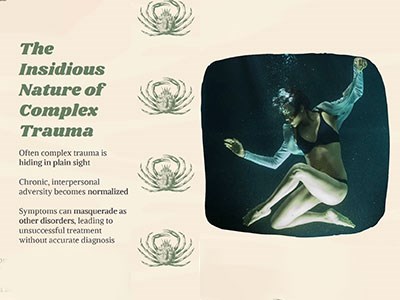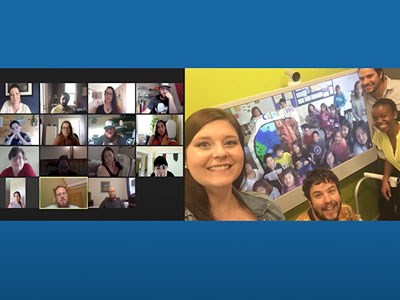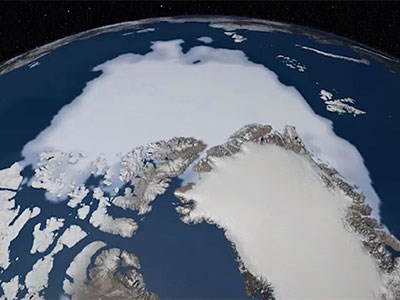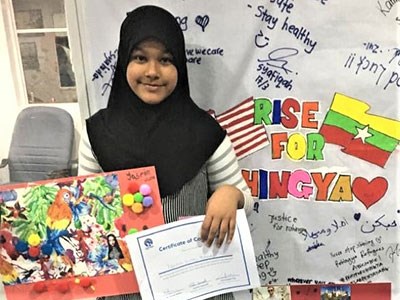Deans’ Lecture Series
Course Series
Research is continually reshaping the way we live and think.
In these free online lectures, you'll hear from distinguished members of the faculties at the University of Victoria.
Online lectures
What's new in....
All
Education
Engineering and
Computer Science
Fine Arts
Grad
Studies
Human and
Social Development
Humanities
Law
Science
Social
Sciences
-

How are Regions Involved in Low-Carbon Energy Transitions?
Dr. Christina Hoicka
Regions are becoming key players in renewable energy production and decentralizing energy systems, involving local actors like Indigenous communities and regional authorities. View this lecture to explore the new relationships between regions and cities.
-

The 'gnaw' of Bram Stoker’s Dracula
(or the art of de-trivializing horror)
Dr. Brian Richmond
By tackling head-on what he sees as our society’s tendency to trivialize horror, Dr. Richmond proposes that it is only by leading audiences on a genuine journey through the terror that we can accomplish the escape into the light and healing contained in what he sees as one of our most optimistic approaches to storytelling.
-
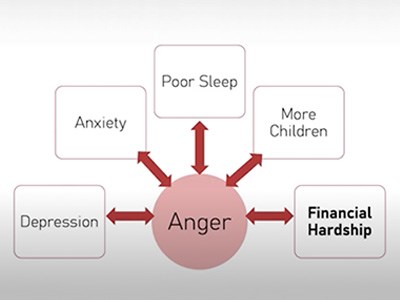
Mom Rage is Real: Why Parents Need Better Support
Dr. Christine Ou
In this talk, Dr. Ou explores the origins of ‘mom rage’ and considers mom rage as a manifestation of multi-faceted parental distress and describes family-, community-, and policy-oriented solutions to reduce parental anger and distress.
-
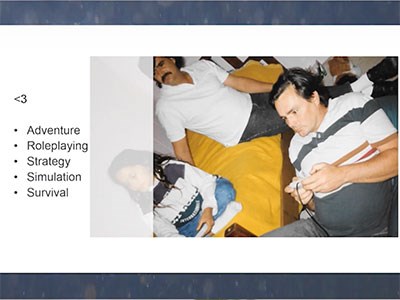
The Emergent Essay
Danielle Geller
Emergence is a phenomenon of observation and interpretation. In a complex system, emergent behaviour is the larger pattern or structure that arises from the interrelation of a system’s constituent parts: a flock of starlings, its murmuration. In this talk, emergence will be explored within the context of game design, the personal essay, and the mind.
-
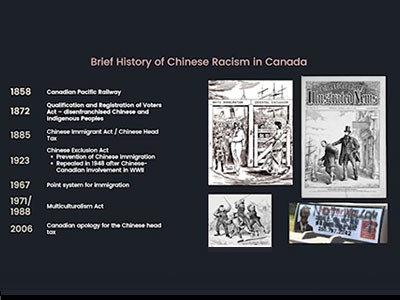
Collective Narrative Themes of Chinese Canadian Intergenerational Trauma
Dr. Fred Chou
Despite the significant historical traumas experienced by Chinese people in the 20th century (e.g., the Great Famine and Cultural Revolution), there has only been one other published study on the topic of intergenerational trauma and the Chinese diaspora. This presentation will discuss a research project that examined parent and offspring narratives of intergenerational trauma in Chinese Canadian families.
-
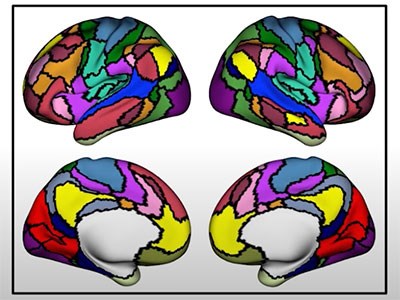
Background Connectivity: understanding brain functional organization
Mikayla Holmes
Magnetic resonance imaging (MRI) is a very popular, non-invasive technique for measuring brain function. The human connectome project (HCP) is one of the first large-scale projects aimed at collecting and sharing MRI brain data. This talk will explore the different patterns of brain functional connectivity emerging from subjects at rest and contrast that to background connectivity obtained from performing a subject completing a motor-task.
-

The Insidious Harms of Diet Culture
Dr. Sarah Nutter
In her presentation, Dr. Nutter speaks to the cultural messages and beliefs about appearance, bodies, and health in our society that she aims to challenge in the research she conducts at UVic. After defining diet culture, Dr. Nutter uses the fictional stories of two women with eating disorders to describe how we come to learn and internalize the messages of diet culture. She also describes the consequences of internalizing these attitudes and beliefs, including body dissatisfaction, eating disorders, and weight stigma.
-
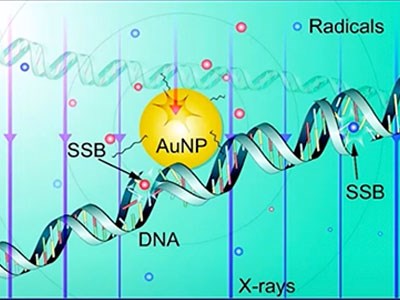
Gold Nanoparticles as a Magic Bullet to Treat Cancer
Dr. Devika B. Chithrani
By 2040, cancer cases will rise significantly. Join Dr. Chithrani's lecture to learn how gold nanoparticles can revolutionize radiotherapy and patient outcomes.
-
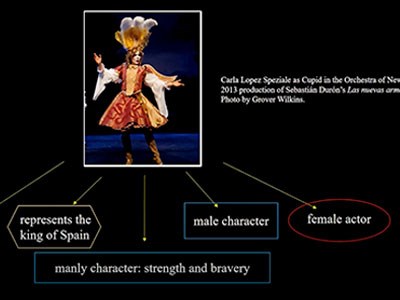
Amusing the King:
Gender, Parody and Musical Theatre in Early 18th Century Spain
Dr. Maria Virginia Acuña
We will explore the world of Spanish baroque musical theatre through the lens of Acis y Galatea (Acis and Galatea), an operatic work performed for King Philip V of Spain in 1708. What makes this work interesting is that it reverses gender roles of the era, while also satirizing the archetype of the male lover so commonly found in dramatic works of the period. Also, as we shall see, it mocks operatic conventions of the baroque. Why and how does it do so?
-
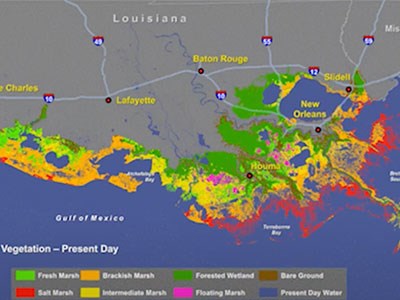
Rethinking Resilience
Dr. Simi Kang
While environmental disaster impacts everyone in its path, it is often a region's most structurally vulnerable communities who bear the greatest burden in so-called "recovery." This talk focuses on the Vietnamese and Cambodian American coast-dependent fishers in southeast Louisiana who have often been called "resilient" for surviving US war in Vietnam and now, compounding disaster at home. How does resilience compound the violence of environmental injustice, and what does it means for their future?
-
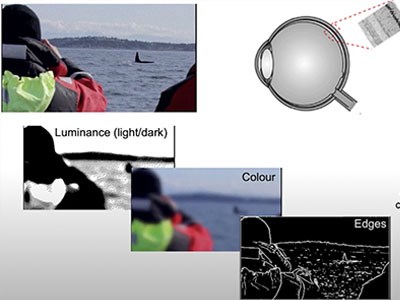
Neural Computation in the Retina
Dr. Gautam Awatramani
Understanding how the brain computes information requires a deep understanding of how the inhibitory and excitatory neuronal types within specified circuits are connected, as well as a detailed description of their functional properties. Recent advances in molecular, neurochemical, and/or anatomical techniques have led to an explosion in the number of known excitatory and inhibitory neuronal types in any given region of the brain, and the endeavor to understand neural computations is a challenge.
-
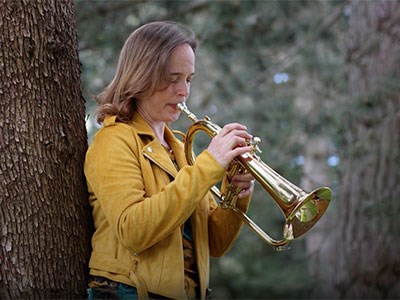
Trumpet Around the Sun:
An Exploration of Music as a Global Connector that Builds Community and Dissolves Barriers
Professor Merrie Klazek
Music is at once a personal experience and a universal experience. In this talk, I will share the journey of my recent recording project which highlights my experience as a professional trumpet player in settings of music from around the globe, in collaboration with over 24 artists specializing in different styles.
-

Better Justice:
How Data Scientists and Legal Scholars Are Collaborating to Help Canadians Solve Their Everyday Legal Problems
Kate Gower, LLM Candidate
Canada has an "access to justice" problem. Almost half of us will experience a family or civil justice problem in the next three years, but research shows 45% of people will not resolve their problem. There is remarkable lack of data about how Canadians solve their legal problems. In order to improve access to justice, we need to know more: we need to know where and how to help.
-
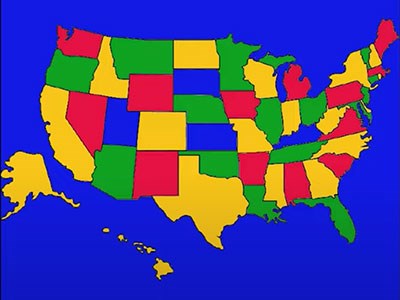
The Mathematics Behind Map Colouring
Dr. Natasha Morrison
How many colours do you need to be able to colour a map in such a way that no two countries sharing a border receive the same colour? Finding the smallest number of colours that will work for any map is a question that eluded mathematicians for centuries. In this talk, Dr. Morrison will discuss the history of this problem, and the solution.
-

Indigenous Laws on Indigenous Lands: Land Back as Climate Action
Dr. Jeff Corntassel
Broadly speaking, we can think of land back as the regeneration of Indigenous laws on Indigenous lands and waters. It is a call to liberate stolen lands and waters from current colonial encroachments and legal fictions. It’s no secret that Indigenous peoples protect and govern 80% of the world’s biodiversity, and given these close interrelationships, community health and the health of the lands and waters are closely related. Land back is a pathway to climate justice.
-

From a Ragged Edge, Possible Futures
Professor Daniel Laskarin
With memory as image and sculpture as the abstract body, time and physical experience may give form to uncertainty as a positive force. This talk will frame my practice in terms of memory, collapse, and art that offers imaginative prospects for a future not yet determined.
-
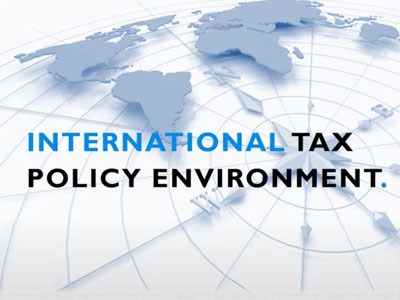
Is Global Tax Cooperation a Reality?
Professor Geoffrey Loomer
The last decade has seen heightened media attention on matters of offshore tax evasion, corporate tax avoidance, international tax competition, and international tax cooperation. What is the reality in 2021? This lecture will survey, from a Canadian and transnational perspective, legal developments in the last decade with respect to two globally important issues.
-
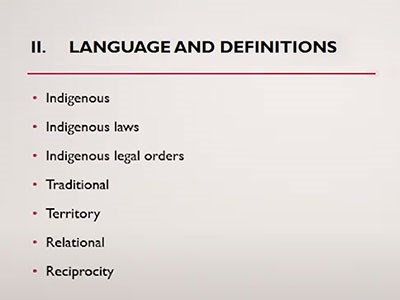
Law as a Responsibility:
Centring Indigenous Peoples, Laws and Legal Orders in Your Learning and Practice
Dr. Tracey Lindberg
In this discussion, Professor Tracey Lindberg introduces viewers to the notion and practice of Indigenous law and legal orders. Looking specifically to the territory she is on (Lekwungen and Sannich territory), Lindberg provides examples of non-extractive process, protocols and substance of learning and centring the laws embedded and blooming in Indigenous territories.
-
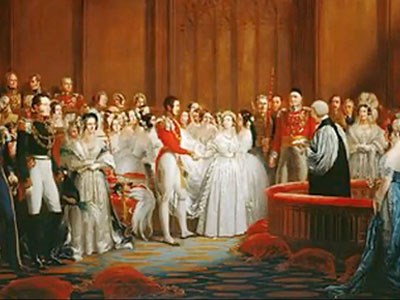
"Laying Down a Sovereign":
How the British Press Reported on Queen Victoria’s First Pregnancy
Dr. Lisa Surridge, Dr. Mary Elizabeth Leighton
It is a truism that the Victorians were prudish about pregnant bodies. Our lecture questions this assumption through a case study of Queen Victoria’s very public pregnancy with her first child. We track discussions of Victoria’s pregnancy from mere weeks after her marriage in February 1840 to Princess Victoria’s birth in November 1840.
-
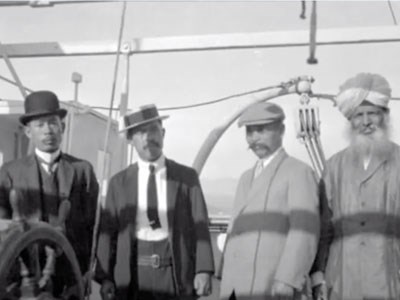
Racism, Rights and Empire in the Dominion of Canada:
The Case of the Komagata Maru
Professor John McLaren, Dr. Pooja Parmar
Through the lens of the Komagata Maru episode we examine the experience of law and justice of a British colonial population that had chosen to remove itself from its country of origin, India, closely controlled by the colonial government, to another British possession, Canada, that enjoyed extensive self-government and was organized as a federal state.
-
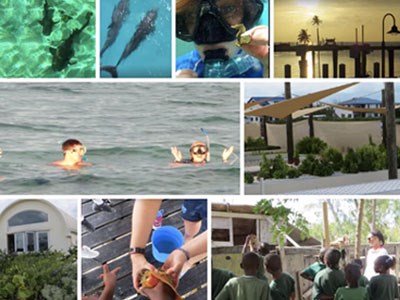
What We Say Matters: Getting to the Heart of Socio-Ecological Crises
Meredith J. Lemon, PhD Candidate
One of several taken-for-granted assumptions in Western schooling is the notion of human independence from and superiority over the physical environment. This lecture identifies where this and other problematic root metaphors exist in schooling and daily discourse. We'll end by looking at other frameworks that more accurately identify our relations with others and offer hope for a better future.
-
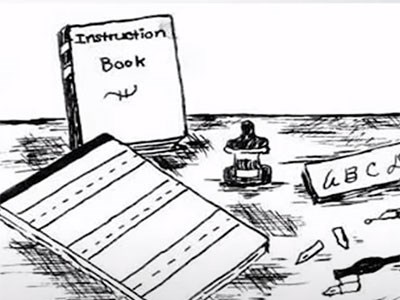
Literacies in Education: Past, Present and Possible Futures
Dr. Deborah Begoray
In this presentation, Dr. Begoray takes a chronological look at the place of literacies in the schools. Through the use of her own research with adolescents in the schools and in communities, and the work of other scholars, she reviews the use of literacies across a variety of subject areas, especially health, and finally considers how multiple literacies might contribute to all our possible futures.
-
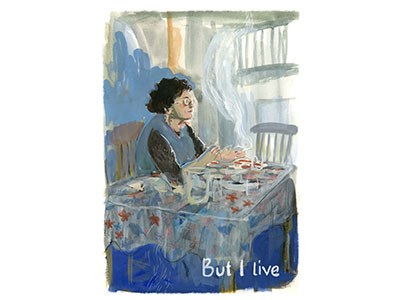
"But I Live" – Three Child Survivor Stories of the Holocaust
Dr. Charlotte Schallié
Dr. Charlotte Schallié will present the first phase of a larger arts-based participatory research project in which three comics artists, and four Holocaust child survivors work in close partnership with one another, jointly producing original works of graphic art. Visual storytelling in graphic narratives is especially effective for life stories of child survivors as they recall their memories in a vivid associative context, which intuitively lends itself to visual representation. View teaser trailer. Image credit: Barbara Yelin
-
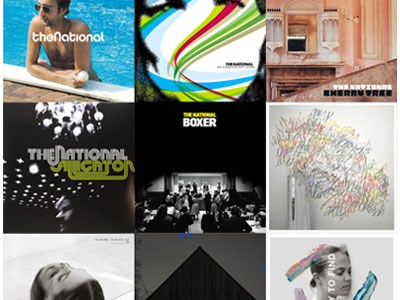
Sound Studies: What Is It, Who Does It and Why Do We Care?
Dr. Joseph Salem
Sound studies emerged as a field about 20 years ago, but it remains in flux. In this presentation, Dr. Joseph Salem introduces what defines sound studies and showcases UVic faculty whose creative and research achievements overlap with the field, including some of his own on the band The National.
-
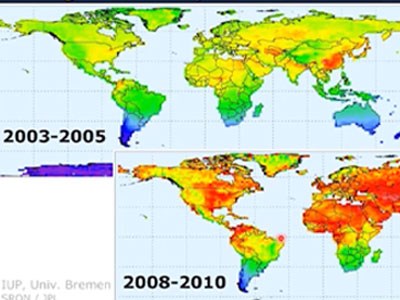
Global Methane: Environmental and Economic Considerations
Dr. Michael Whiticar
Dr. Whiticar's current research, GHGMap, focuses on remote sensing of climate-relevant gases (e.g., methane and carbon dioxide) on land and waters using optical micro-sensors on Autonomous Underwater and Unmanned Aerial Vehicles.
-
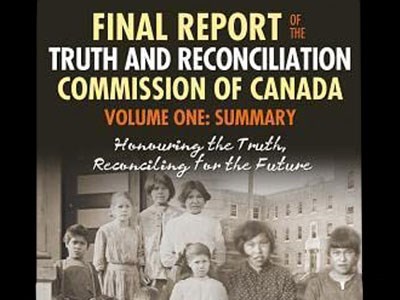
"Walking a Path of Partnership and Friendship"
Five Years Later – Continuing to place ourselves in the Truth and Reconciliation Commission’s 94 Calls to Action
Dr. Rebecca Johnson
This presentation will provide an introduction to the TRC and its 94 Calls to Action, and will focus on steps that can be taken by ordinary citizens to develop practices of reconciliation that are informed, and grounded in practical and collaborative action.
-
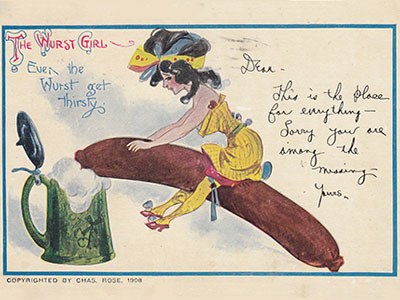
A Sinner’s Guide to Food and Sex in Time
Being a Complete Description of the Stews, Cafés, Saloons, Dinner Tables, Restaurants and Breastaurants That Have Served the Alimentary and Amatory Appetites Throughout Time
Dr. Rachel Hope Cleves
This talk explores how good food and illicit sexuality became associated in the Anglo imagination, how that association changed over time, and how it fell apart following the countercultural revolution of the 1970s.
-
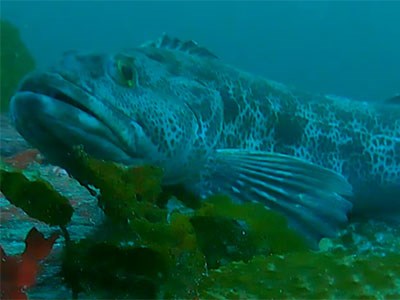
The Fish Sound Project: Unraveling the Identity of Fish Sounds in British Columbia
Xavier Mouy, PhD Candidate
Some fish produce sounds to find mates, defend their territory, or keep cohesion within their group. These sounds can be used to detect the presence and potentially the number of fish in an environment. However, many fish sounds have not yet been associated to specific species, which limits the usefulness of this approach. The work presented here aims to address this knowledge gap in British Columbia.
-
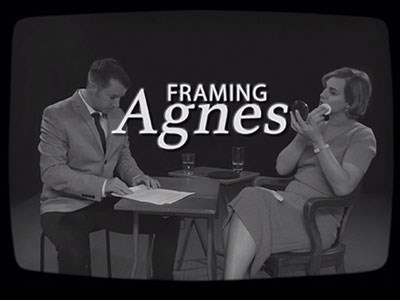
The Agnes Project
Dr. Chase Joynt
Inspired by the discovery of never-before-seen case files from transgender history, filmmaker and Assistant Professor Chase Joynt presents Framing Agnes, a film made in collaboration with University of Chicago sociologist Kristen Schilt, which blends sociological research, historical archives and contemporary performance.
-
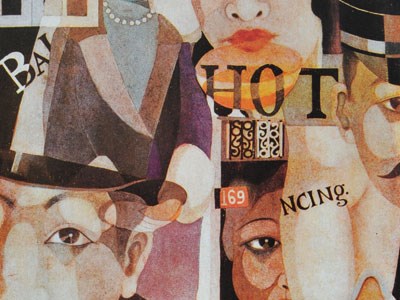
From a Distance: Paris and the Transposition of Chineseness
Dr. Angie Chau
This talk on Chinese art and literature in 1920s to 1940s Paris highlights the work of four figures: artist Chang Yu, poet Li Jinfa, art critic Fu Lei, and writer Xu Xu. Drawing on the musical concept of transposition, Dr. Chau argues that Paris is a unique site of negotiation where Chinese writers and artists are motivated to emphasize recognizable markers of Chinese culture.
-
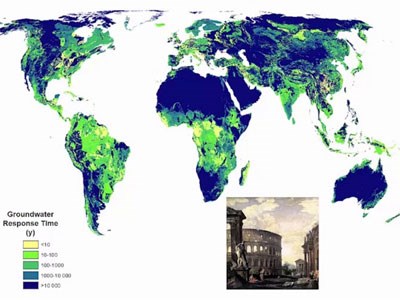
Why is Groundwater Sustainability Important?
And, Should the Pandemic Change What I "Do" as a Sustainability Scientist?
Dr. Tom Gleeson
Groundwater resources are the most reliable source of freshwater on the planet, so long as they are sustainably managed. Dr. Gleeson will reveal some secrets about this invisible water beneath our feet, and reflect on changes to research priorities and practices in response to the pandemic.
-

Of Conflict and Co-existence: Understanding Human-Wildlife Relationships in a Complex World
Lauren Eckert, PhD Candidate
In British Columbia and beyond, conflict between humans and black bears is on the rise. In this talk, Lauren explains her research aimed at better understanding human-wildlife conflict in Coastal BC towards promoting co-existence.
-
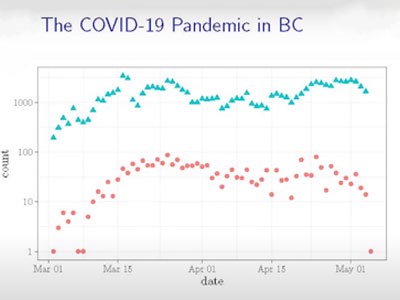
How to Use Mathematical Models to Study the COVID-19 Pandemic
Dr. Junling Ma
In this talk, we will review what mathematical models are, how they are constructed to study the spread of COVID-19 in the population, and what these models can tell us about the outbreak.
-
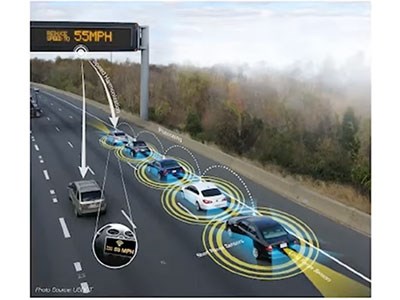
A Distributed Control Strategy:
Making Autonomous Surface Vehicle Platoons Safe and Fuel-efficient
Henglai Wei, PhD Candidate
Autonomous surface vehicles are essential for understanding and exploring the most mysterious region of our planet, the ocean. The platooning control of autonomous vehicles has also started to attract increasing attention in the intelligent transportation area, due to its potential to improve road capacity and efficiency.







